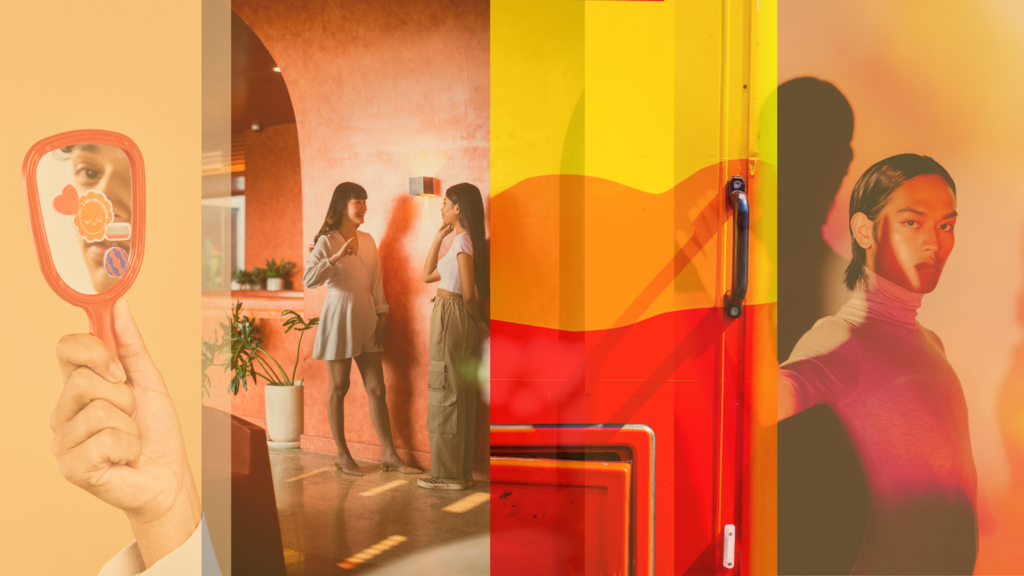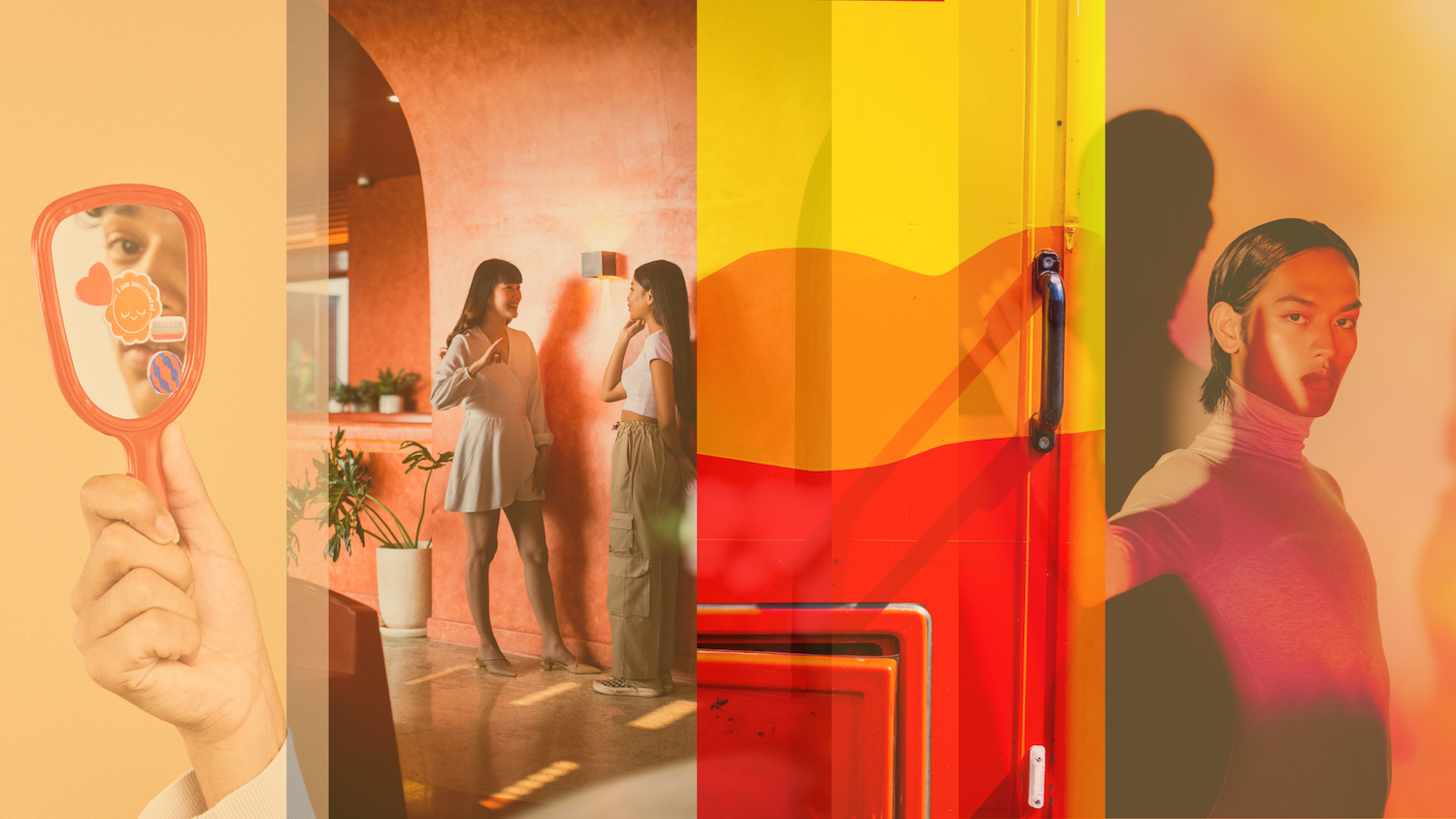
In the ever-evolving world of luxury branding, creating memorable experiences is paramount. Luxury brands are constantly seeking innovative ways to engage their clientele and reinforce their exclusivity. One avenue that has gained significant traction is the concept of pop-up stores. These ephemeral retail spaces offer a unique platform for luxury brands to captivate their audience and deliver a heightened sense of luxury through carefully curated themes, aesthetics, products, events, and communications. In this article, we will explore how six iconic luxury brands—Chanel, Dior, Louboutin, Loewe, Gucci, and Prada—capitalize on the pop-up store phenomenon to enhance the luxury experience and add value to their brand.
For a comprehensive analysis of luxury brands, it is imperative to evaluate them across multiple dimensions. Within the scope of this article, our attention is directed towards pivotal aspects, encompassing the thematic essence of the luxury brand, the intricate interplay of aesthetics that mirror the embodiment of this theme, the meticulously curated array of offerings unveiled within the pop-up, the dynamic events that breathe life into the space, and the intricate web of communications that envelop the entire pop-up experience.
- Theme: Each luxury brand approaches pop-up store themes with a distinctive vision that resonates with its ethos. Chanel, for instance, has been known to incorporate its signature elements such as pearls, tweed, and camellias into its pop-up designs, ensuring a seamless extension of its brand identity. On the other hand, Dior often channels its artistic heritage, mirroring themes from its fashion shows. Louboutin creates playful and eccentric themes, Loewe crafts avant-garde narratives, Gucci is renowned for its eclectic and maximalist approach, and Prada showcases minimalist elegance.
- Aesthetics: Aesthetic appeal is a pivotal aspect of luxury branding. These pop-up stores offer brands the canvas to experiment and innovate. Chanel employs its timeless sophistication, while Dior leans into elegance. Louboutin showcases bold, red-themed aesthetics that align with its iconic shoe soles. Loewe explores textures and craftsmanship, Gucci’s aesthetic is vibrant and eclectic, and Prada embraces simplicity and modernism.
- Product: Luxury brands often introduce exclusive or limited-edition products within their pop-up stores, fostering a sense of urgency and exclusivity among consumers. Chanel and Dior, for instance, may unveil capsule collections, while Louboutin showcases its iconic footwear. Loewe focuses on craftsmanship and customization, Gucci introduces pop-up exclusive merchandise, and Prada highlights its contemporary fashion pieces.
- Events: Pop-up stores serve as platforms for hosting events that engage consumers beyond shopping. Chanel and Dior might hold fashion workshops, while Louboutin often features artist collaborations. Loewe integrates art exhibitions, Gucci hosts immersive installations, and Prada incorporates talks and panels.
- Communications: Luxury brands utilize pop-up stores to amplify their message through various communication channels. Chanel and Dior employ social media to showcase their pop-ups’ grandeur. Louboutin emphasizes artistic collaborations, Loewe harnesses storytelling, Gucci embraces digital interaction, and Prada focuses on intellectual conversations.

While it holds true that each luxury brand channels its investments into diverse manifestations of pop-up stores, and amidst the vast tapestry of pop-up store options available for examination and comparison, it is entirely possible to distill significant insights that are intrinsically tied to the realm of luxury pop-up store adoption.
- Seamless Brand Extension: Pop-up stores provide luxury brands with the canvas to extend their brand essence seamlessly into physical spaces, allowing customers to immerse themselves in the brand’s universe.
- Exclusivity and Urgency: The limited-time nature of pop-up stores creates a sense of exclusivity and urgency, driving consumer engagement and sales.
- Multi-Sensory Experience: By combining themes, aesthetics, and events, luxury brands create multi-sensory experiences that resonate emotionally with consumers, fostering stronger brand connections.
- Innovation and Creativity: Pop-up stores encourage brands to push the boundaries of innovation and creativity, enabling them to experiment with new concepts, designs, and collaborations.
- Capitalizing on Experience and Adding Value: Luxury pop-up stores capitalize on experience by offering an environment that transcends traditional retail. They transport customers into the brand’s narrative, making them active participants rather than passive consumers. This heightened engagement builds loyalty, generates buzz, and elevates the brand’s perceived value. By showcasing products in an immersive setting and offering exclusive items, luxury brands create an allure that encourages customers to invest not only in products but also in the brand’s heritage and lifestyle.
In conclusion, luxury pop-up stores have redefined the way brands interact with their consumers. By curating immersive experiences that encompass themes, aesthetics, products, events, and communications, luxury brands elevate their value proposition and engage customers on a deeper level. The ephemeral nature of these experiences, combined with their exclusivity, fosters brand loyalty, generates word-of-mouth marketing, and amplifies the overall brand image. Embracing innovation, creativity, and strategic planning, luxury brands can leverage pop-up stores to craft unforgettable moments that resonate long after the store’s doors close.






